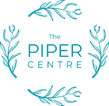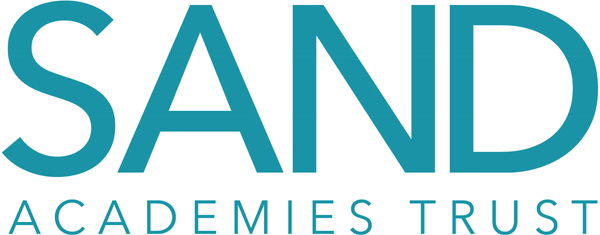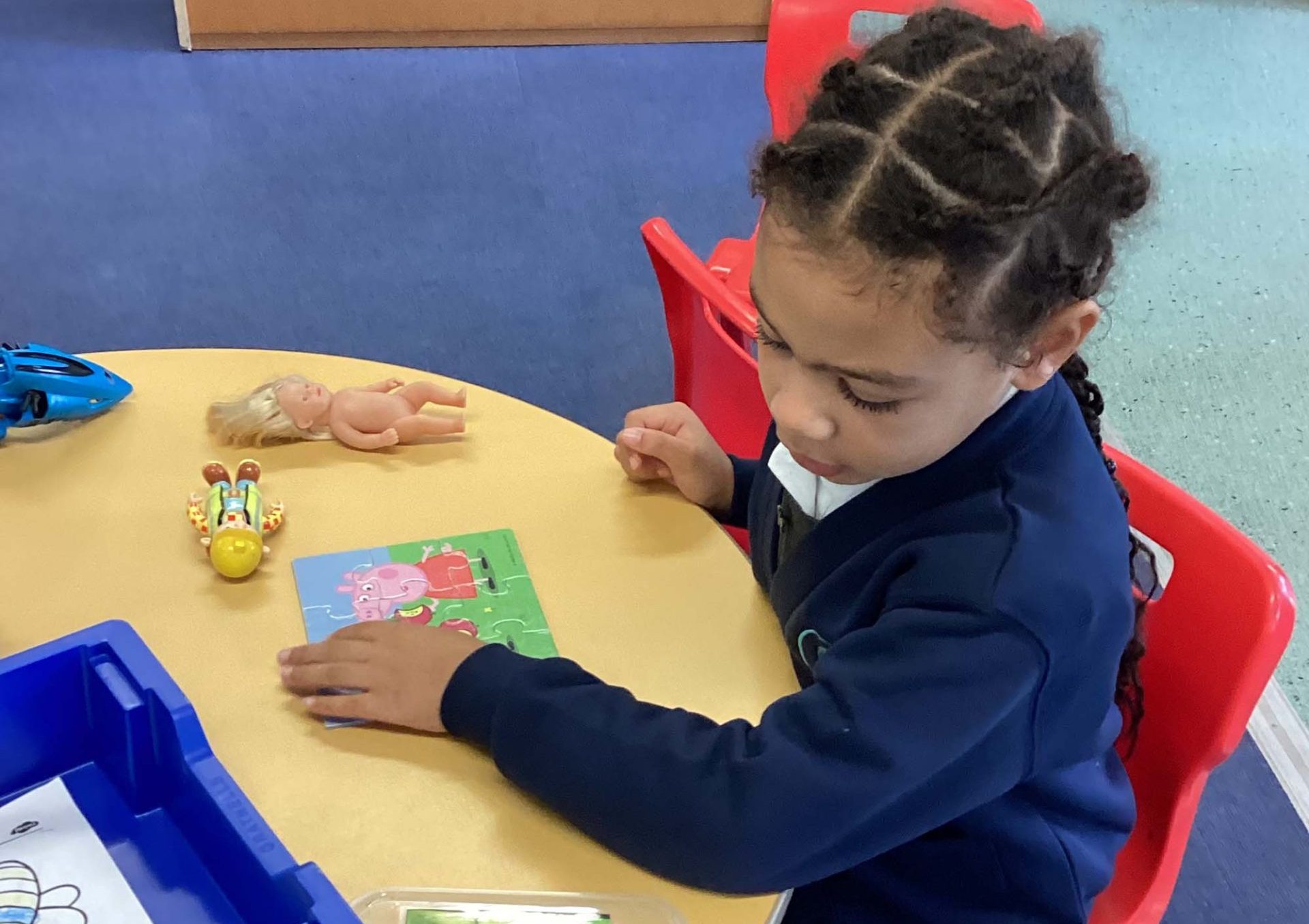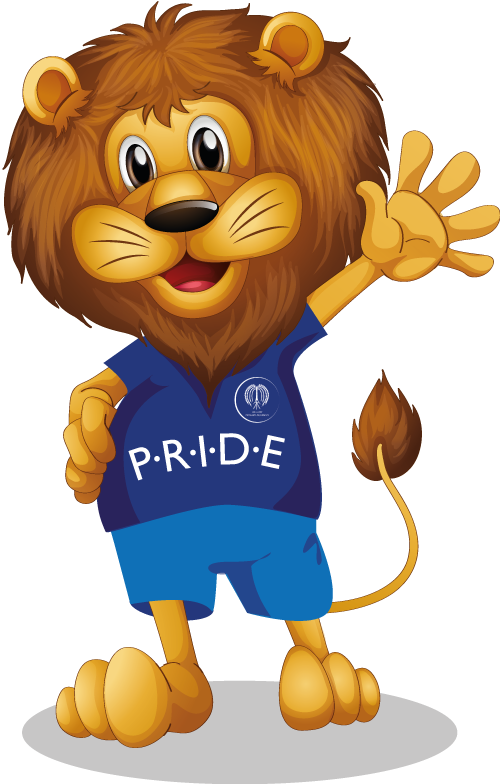
Taking P.R.I.D.E in all we do
Everything we do at The Piper Centre is underpinned by our school PRIDE values that we hold dear. We encourage everyone to live by our mission statement ‘Taking PRIDE in all we do’. Each letter of PRIDE also has its own value.
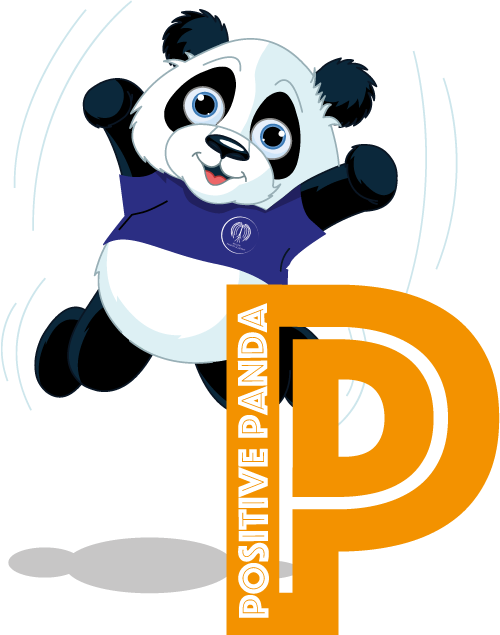
Positivity
Encouraging others, having hope and staying happy
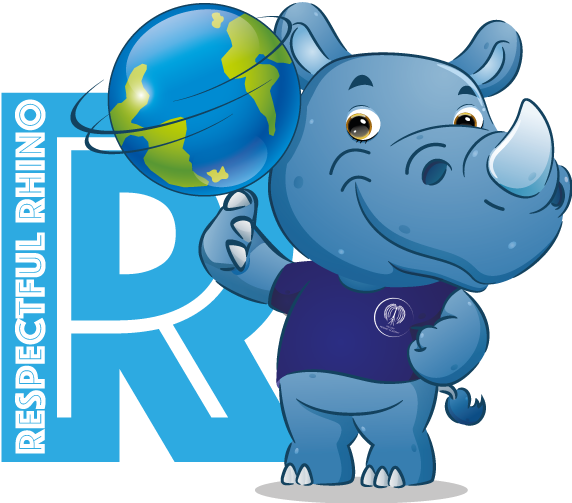
Respect
Treating each other fairly and our belongings with care
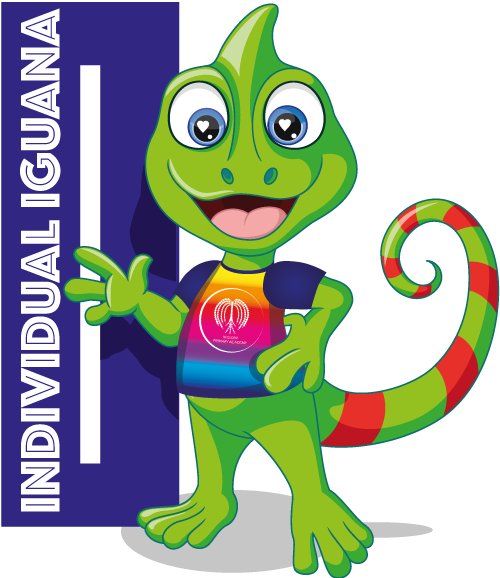
Individuality
Developing independence and celebrating uniqueness whilst treating all equally
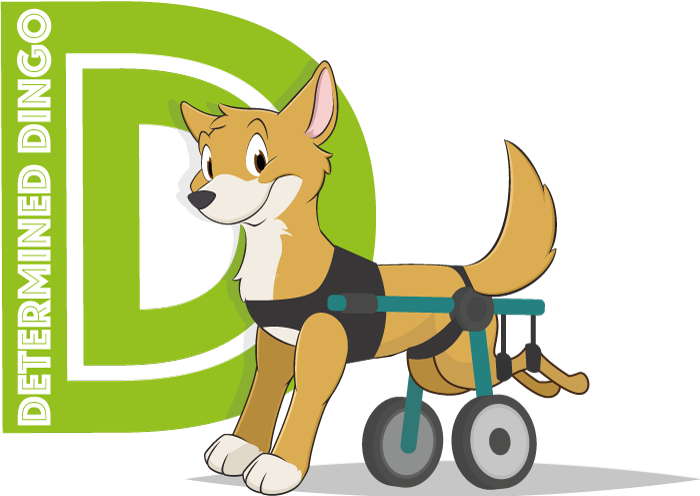
Determination
Using willpower to keep going and never give up
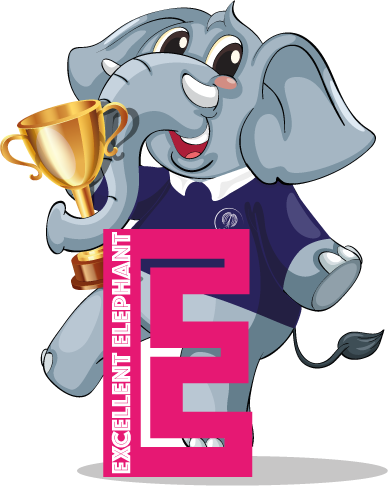
Excellence
Trying our best in everything we do, especially our work
The Piper Centre Curriculum
Curriculum statement
Our vision for all pupils, is to have meaningful and personalised learning pathways and choices so that their individual needs and aspirations can be met. Our exciting and aspirational curriculum has an emphasis on developing communication skills, as a golden thread, and independence, including practise and preparation for adult life, with a focus on the creative arts, physical development, and enrichment opportunities. This provides excellent opportunities for our pupils to be included and contribute to the wider community.
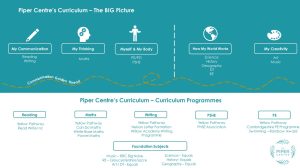
Communication, Language, and Interaction
A strong focus will be placed on the use and acquisition of Communication, Language, and Interaction skills for every pupil. This will ensure that their learning develops, and confidence, independence and self-esteem grow. Our aim is for all pupils to become active, valued and heard members of their school and wider community. Every pupil will be offered a consistent pathway for Communication, Language, and Interaction progression, which will be constantly reviewed and adapted to meet their needs. Opportunities to develop these skills will be provided throughout the school day and is embedded into all learning for every pupil.
Rationale
Our pupils are provided with learning experiences that are relevant, interesting, and challenging, and offer opportunities for progression. This offers a means of making subtle distinctions through sequential learning pathways between individual/groups of learners, and through the degree of curriculum formalisation they will experience in either building the prerequisites for, or working within, a more ‘conventional’ National Curriculum type approach.
Pupils’ individual journeys are not defined by age, but by need and achievement based on their EHCP and curriculum learning outcomes, that are broken into small steps. Each subject sequential learning pathway covers the skills, knowledge and understanding necessary for our pupils to make the best progress possible in their learning. Individual learning needs such as readiness to learn, are further met through bespoke intervention programmes for enhanced personalisation. The personalised approach to the curriculum ensures we can meet the needs of all our pupils.
Some pupils also receive additional funding e.g., Pupil Premium; the impact of any interventions funded through these is monitored to ensure that they support progress.
Chronological Progression
There needs to be breadth of learning throughout pupils’ time at school. There should be variation in experiences / learning within a topic, whilst ensuring that the learning is developmentally appropriate. Whilst there may be whole school learning topics, the planning, learning and delivery may differ between classes. Priorities based on EHCP outcomes, small steps, pupils’ age, need, motivation and learning style will help build the curriculum.
Intent
Our curriculum intent is to provide a broad and balanced curriculum for all our pupils, opening rather than closing doors to future health, happiness, inclusion in society and their local community and success educationally and personally.
We first considered what knowledge and understanding we wanted our pupils to gain at each stage of their development to write a clear sequential pathway for each area of learning to support them in their next phase of education.
Implementation
Our curriculum implementation is based on initial robust baseline assessment and identifying specific needs, gaps or missing learning pupils may have that might hinder their progression. Curriculum delivery, assessment, feedback, and crucially teaching that leads to long-term learning and retention. We have strived to develop paperwork that avoids burdensome assessment and feedback.
Our whole-school curriculum is based on the acquisition of core foundation skills before moving on, with an emphasis on communication and language which we recognise as a key skill for all our learners and is written in a clear sequential manner that emphasises knowledge and skills that pupils gain at each step and over time, with pause points for assessment of key skills before moving pupils on.
Impact
Curriculum impact and pupil achievement is constantly monitored and evaluated each term with book looks, evidence of progress over time, lesson visits and observations. Pupil achievement will also be assessed using progression data. We recognise that good outcomes are not just measured in qualifications but in how successfully pupils are developed as well-rounded citizens.
Annual Reviews/EHCP Meetings
Each pupil has an EHCP meeting during the year. This is an important meeting with everyone involved in the child’s education.
Personal Development
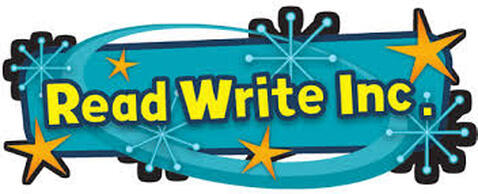
Read, Write Inc
Our synthetic phonics program is Read, Write Inc
Further information can be found here.
